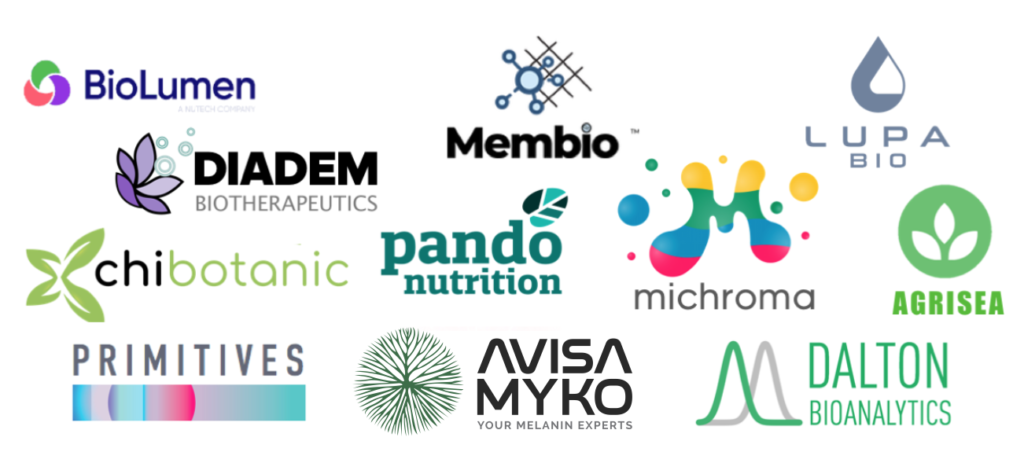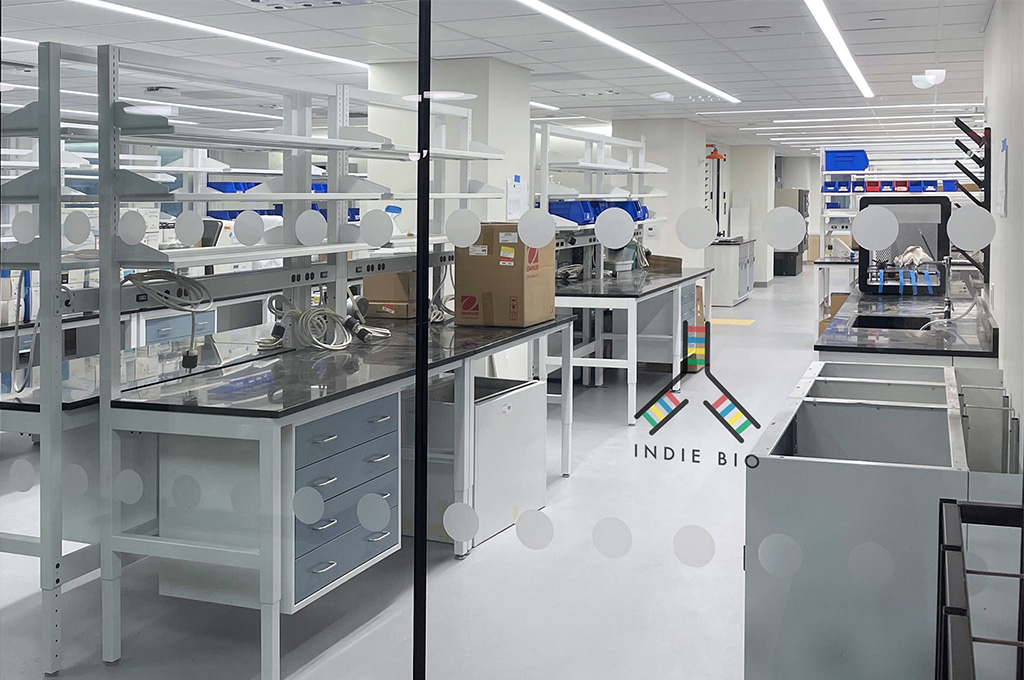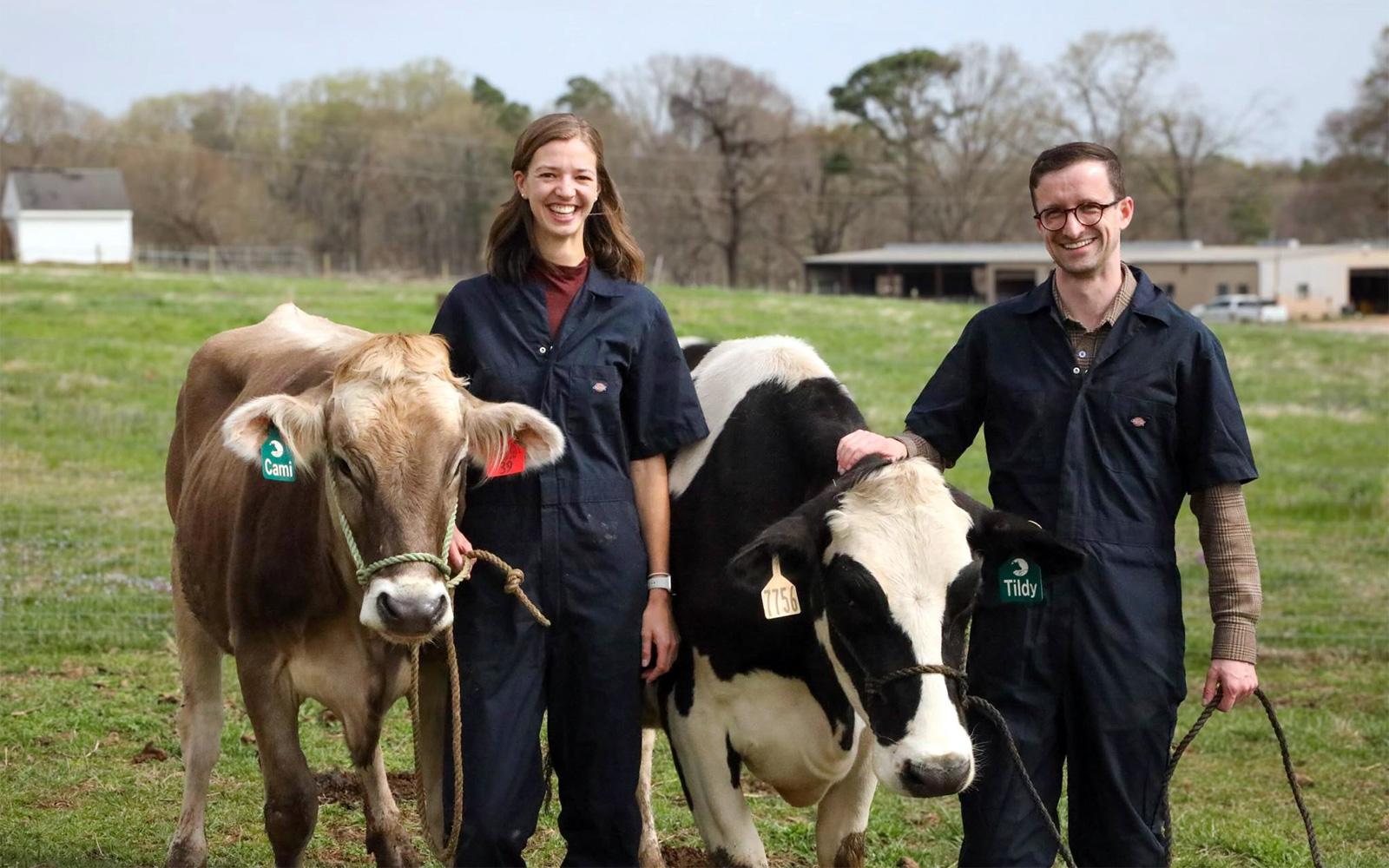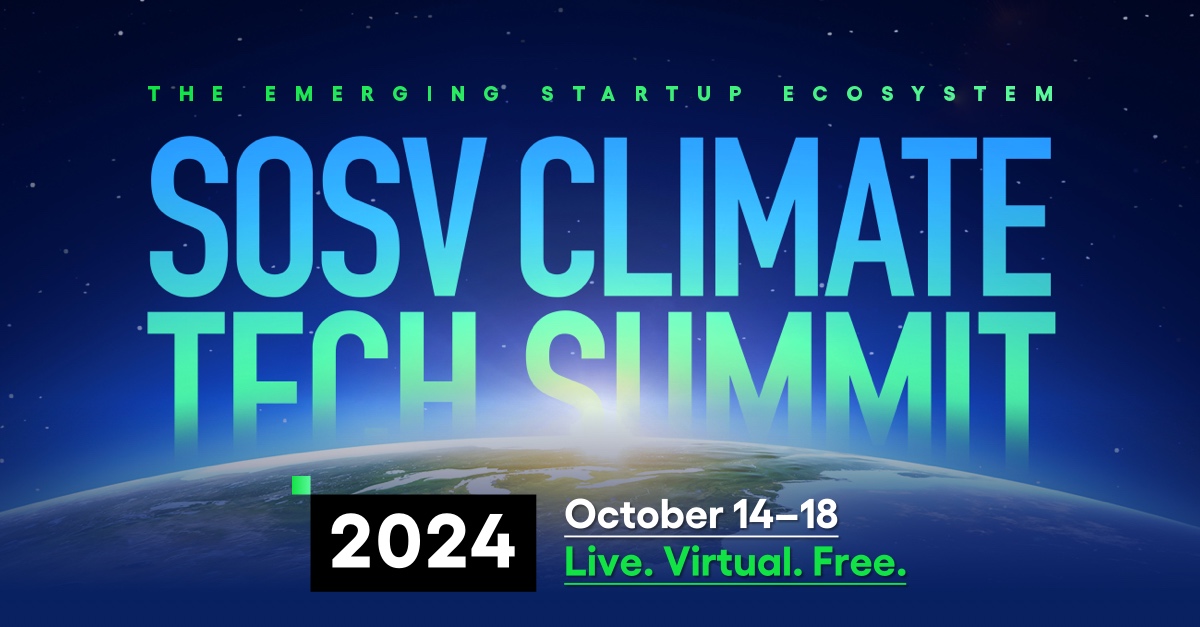IndieBio helps entrepreneurs build ground-breaking biotech companies. We’re excited to share our ninth class of 11 new startups. They have been here for thirty days, working tirelessly to derisk critical pieces of their science and business. The four month program will culminate in a Demo Day on the 6th of February.

AgriSea is creating methane-negative rice farms in the open ocean, with rice varietals that they’re engineering to grow in saltwater and drought-like conditions. It can also be used for bioremediation of fertilizer runoff zones. Rice feeds half the world, and is a $318 billion market. But in many countries, rice farming is in distress from both drought and seawater flooding. AgriSea’s rice can be grown in open water, or in conventional paddies flooded with seawater. https://www.agrisea.co.uk/
Avisa Myko: The molecule melanin is evolution’s answer to radiation. This natural supermaterial has unparalleled capacity to absorb all of the radiation spectrum and convert it into different forms of energy. Research has long shown that if melanin could be made affordable, there would be wide industrial applications for it — to replace SPF factors to block UV radiation in sunscreens, cosmetics, and clothing, to blocking gamma waves during cancer radiation therapy, and protecting workers and astronauts exposed to gamma radiation. It can also be used in energy applications, such as low-cost batteries and hydrogen production. However, production of melanin industrially has been stymied, and melanin has remained more expensive than gold. Until now. The team at Avisa Myko has spent years reducing the cost of melanin production via fungal fermentation, and can now produce it at 500 times lower than existing methods. Avisa is partnering with many corporations to include their melanin in a variety of products and formulations. https://www.avisamyko.com/
BioLumen makes a pill for weight loss and gut health; it’s made of a highly functionalized cellulose matrix to entrap sugars in the stomach so they are digested by your microbiome, not your body. https://biolumen.tech/
Chi Botanic: We may not realize how inefficiently many high-value plant products are grown. Some take years, or decades, to grow. And then the desired ingredients are often a tiny part of the plant. Chi Botanic creates just the end products, in bioreactors, without any of the waste — such as aloe, natural rubber, and citrus oils. Plant cells are poised to be the next big market in fermentation. https://www.chibotanic.com/
Dalton Bioanalytics detects thousands of blood biomarkers in a one-shot assay, using liquid chromatography mass-spectrometry enhanced by chemical normalization. https://daltonbioanalytics.com/
Diadem Biotherapeutics makes shelf-stable, engineered exosomes for the anti-inflammatory market, starting with COPD. Their engineered exosomes have the best aspects of both biologics and cell therapies, without their compromises. https://www.diadembio.com/
Lupa Bio: Destructive inflammation underlies the vast majority of chronic diseases, however, current treatments are too toxic to be used in all but the most severe diseases. Lupa Bio is developing an entirely new therapeutic, derived from an oligosaccharide found in human milk, with the potential to be as effective as current drugs yet safe enough for all patients. http://www.lupabio.com/
MemBio makes blood, using a novel hollow-fiber bioreactor to make universal O- blood, replacing or complementing the current volunteer donor system. For hospitals and blood centers, Membio’s OmniBlood solves the shortages in the supply chain and the difficulty of patient matching. http://www.membio.ca/
Michroma is a desperately needed solution for the food tech revolution. Michroma produces natural thermostable colorants for foods and cosmetics that are free of chemicals and mycotoxins. 70% of the foods we eat are colored with dyes. Many are synthetic chemicals linked to hyperactivity and cancer, or extracted from insects. Shouldn’t food dyes be made from food? https://michroma.co/
Pando Nutrition is solving the problem of antibiotic usage in the livestock industry. Even though growth-promoting antibiotics have been banned by the FDA since 2017, they are still widely used throughout the industry. Pando creates super-probiotics for healthy, productive livestock. https://www.pandonutrition.com/
Primitives: Anything made of plastics today can be replaced by biopolymers. Primitives is a biomaterials company that engineers alternative plastics that can sense the environment and communicate to its users. Some applications include compostable food wrap that can tell you when food is rotting, and biodegradable cosmetics that changes color throughout the day. https://primitives.io/



